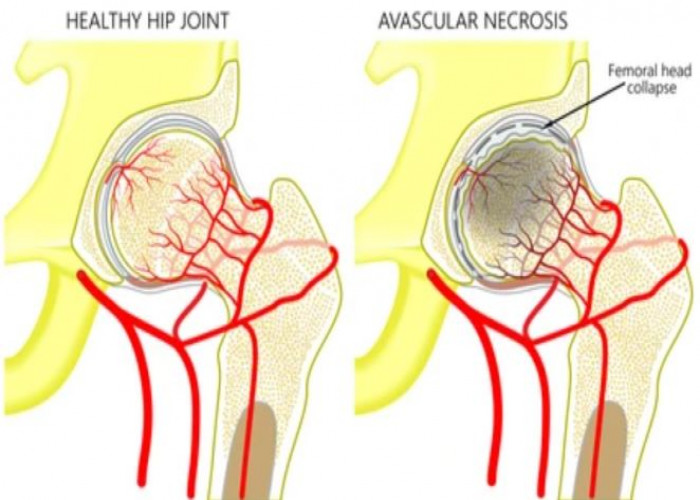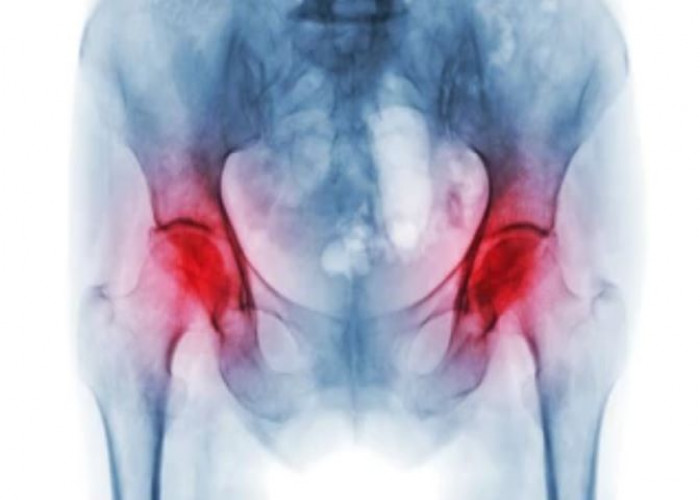 Welcome
Welcome
“May all be happy, may all be healed, may all be at peace and may no one ever suffer."
Avascular necrosis
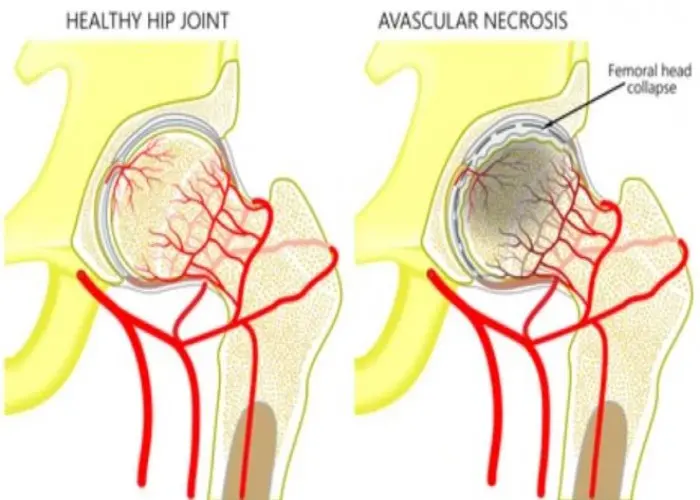
Avascular Necrosis (AVN), also known as osteonecrosis, is a medical condition in which there is a loss of blood supply to the bone. As a result, the bone tissue dies, and the affected bone may collapse or fracture. This can lead to pain and loss of function in the affected joint.
The most common joint affected by AVN is the hip, but it can also occur in other joints, such as the knee, shoulder, and ankle. AVN is most commonly caused by the long-term use of high-dose corticosteroids, alcohol abuse, or trauma to the bone.
Symptoms of AVN typically develop gradually and may include pain and stiffness in the affected joint, difficulty walking or moving the joint, and a decreased range of motion. In some cases, there may be no symptoms until the affected bone collapses or fractures.
Diagnosis of AVN typically involves imaging studies such as X-rays, MRI, or bone scans. Treatment may vary depending on the severity and stage of the AVN, but may include rest, physical therapy, joint injections, or surgery. In some cases, joint replacement surgery may be necessary to relieve pain and restore function.
It's important to seek prompt medical attention if you suspect you may have AVN, as early diagnosis and treatment can help prevent progression of the disease and improve outcomes.
Research Papers
Disease Signs and Symptoms
- Bone pain
- Shoulder pain
- Knee pain
- Arm or Hand pain
- Leg pain
Disease Causes
Avascular necrosis
Avascular necrosis occurs when blood flow to a bone is interrupted or reduced. Reduced blood supply can be caused by:
- Joint or bone trauma. An injury, such as a dislocated joint, might damage nearby blood vessels. Cancer treatments involving radiation also can weaken bone and harm blood vessels.
- Fatty deposits in blood vessels. The fat (lipids) can block small blood vessels, reducing the blood flow that feeds bones.
- Certain diseases. Medical conditions, such as sickle cell anemia and Gaucher's disease, also can cause diminished blood flow to bone.
For about 25 percent of people with avascular necrosis, the cause of interrupted blood flow is unknown.
Disease Prevents
Avascular necrosis
To reduce your risk of avascular necrosis and improve your general health:
- Limit alcohol. Heavy drinking is one of the top risk factors for developing avascular necrosis.
- Keep cholesterol levels low. Tiny bits of fat are the most common substance blocking blood supply to bones.
- Monitor steroid use. Make sure your doctor knows about your past or present use of high-dose steroids. Steroid-related bone damage appears to worsen with repeated courses of high-dose steroids.
- Don't smoke. Smoking increases the risk.
Disease Treatments
The goal is to prevent further bone loss.
Medications and therapy
In the early stages of avascular necrosis, symptoms might be eased with medication and therapy. Your doctor might recommend:
- Nonsteroidal anti-inflammatory drugs. Medications, such as ibuprofen (Advil, Motrin IB, others) or naproxen sodium (Aleve) might help relieve the pain associated with avascular necrosis.
- Osteoporosis drugs. Medications, such as alendronate (Fosamax, Binosto), might slow the progression of avascular necrosis, but the evidence is mixed.
- Cholesterol-lowering drugs. Reducing the amount of cholesterol and fat in your blood might help prevent the vessel blockages that can cause avascular necrosis.
- Blood thinners. If you have a clotting disorder, blood thinners, such as warfarin (Coumadin, Jantoven), might be recommended to prevent clots in the vessels feeding your bones.
- Rest. Reducing the weight and stress on your affected bone can slow the damage. You might need to restrict your physical activity or use crutches to keep weight off your joint for several months.
- Exercises. A physical therapist can teach you exercises to help maintain or improve the range of motion in your joint.
- Electrical stimulation. Electrical currents might encourage your body to grow new bone to replace the damaged bone. Electrical stimulation can be used during surgery and applied directly to the damaged area. Or it can be administered through electrodes attached to your skin.
Surgical and other procedures
Because most people don't develop symptoms until avascular necrosis is fairly advanced, your doctor might recommend surgery. The options include:
- Core decompression. The surgeon removes part of the inner layer of your bone. Besides reducing your pain, the extra space within your bone stimulates the production of healthy bone tissue and new blood vessels.
- Bone transplant (graft). This procedure can help strengthen the area of bone affected by avascular necrosis. The graft is a section of healthy bone taken from another part of your body.
- Bone reshaping (osteotomy). A wedge of bone is removed above or below a weight-bearing joint, to help shift your weight off the damaged bone. Bone reshaping might enable you to postpone joint replacement.
- Joint replacement. If your diseased bone has collapsed or other treatments aren't helping, you might need surgery to replace the damaged parts of your joint with plastic or metal parts.
- Regenerative medicine treatment. Bone marrow aspirate and concentration is a newer procedure that might be appropriate for early stage avascular necrosis of the hip. Stem cells are harvested from your bone marrow. During surgery, a core of dead hipbone is removed and stem cells inserted in its place, potentially allowing for growth of new bone. More study is needed.
Disease Diagnoses
Disease Allopathic Generics
Disease Ayurvedic Generics
Disease Homeopathic Generics
Disease yoga
Avascular necrosis and Learn More about Diseases
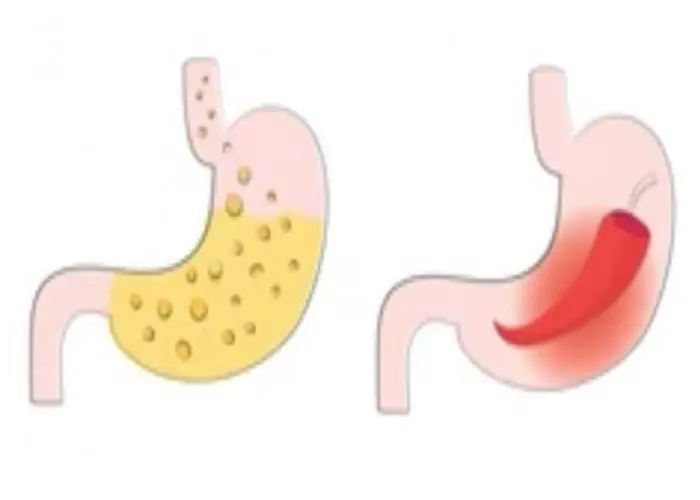
Bile reflux

Angelman syndrome
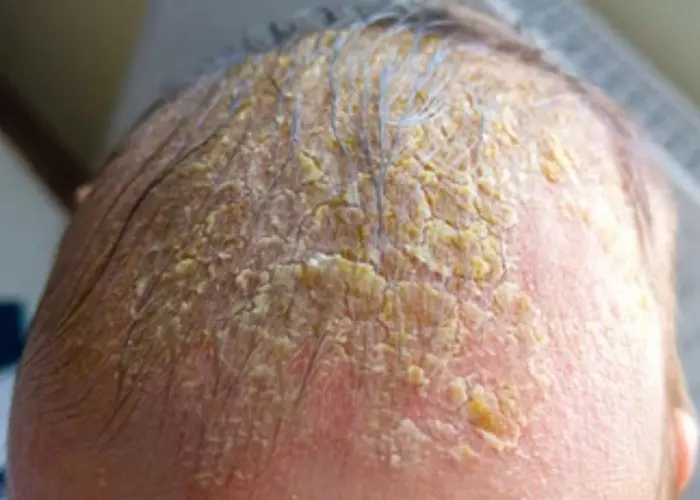
Cradle cap
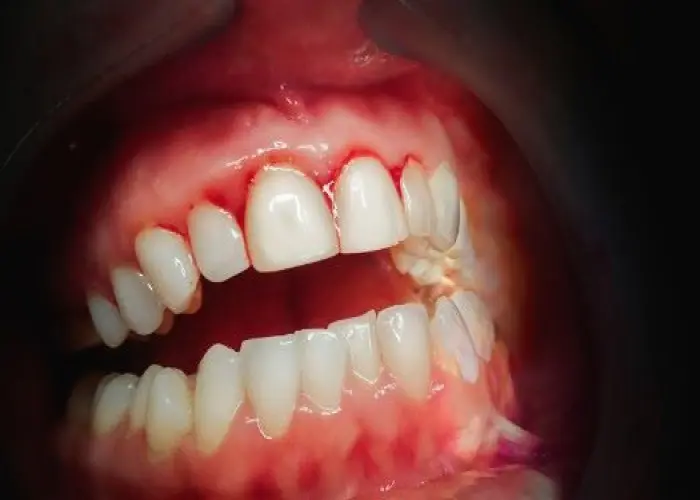
Gingivitis
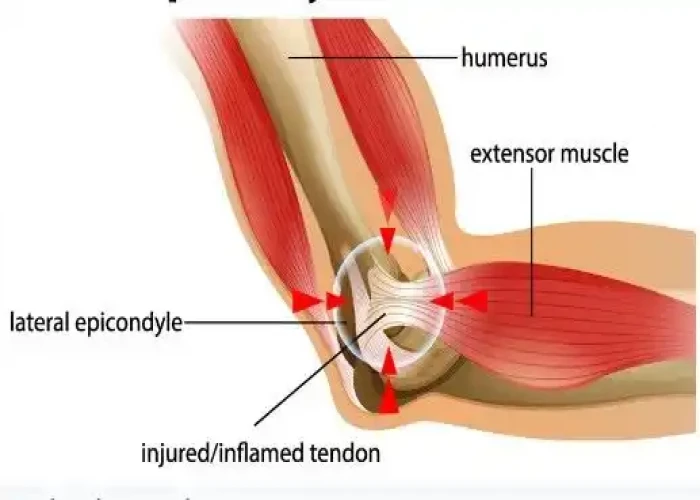
Tennis elbow
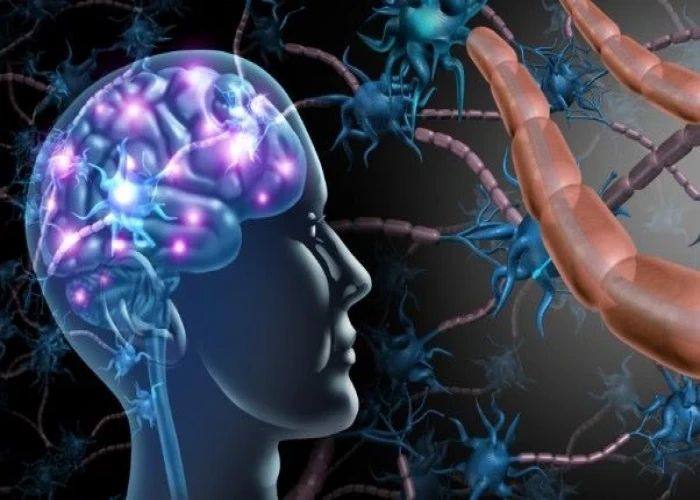
Multiple sclerosis
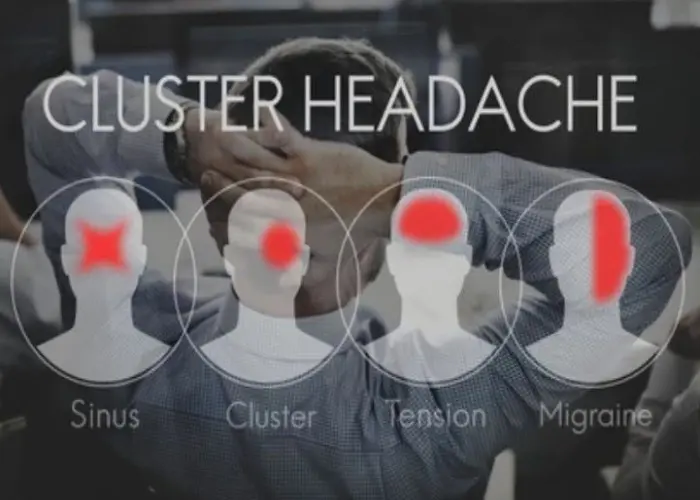
Cluster headache

Chemo brain
Avascular necrosis, AVN femoral head, Avascular, অ্যাভাস্কুলার নেক্রোসিস
To be happy, beautiful, healthy, wealthy, hale and long-lived stay with DM3S.
